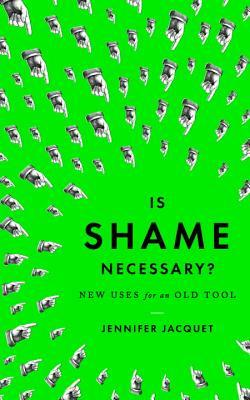

Most ebook files are in PDF format, so you can easily read them using various software such as Foxit Reader or directly on the Google Chrome browser.
Some ebook files are released by publishers in other formats such as .awz, .mobi, .epub, .fb2, etc. You may need to install specific software to read these formats on mobile/PC, such as Calibre.
Please read the tutorial at this link: https://ebookbell.com/faq
We offer FREE conversion to the popular formats you request; however, this may take some time. Therefore, right after payment, please email us, and we will try to provide the service as quickly as possible.
For some exceptional file formats or broken links (if any), please refrain from opening any disputes. Instead, email us first, and we will try to assist within a maximum of 6 hours.
EbookBell Team

4.0
76 reviewsAn urgent, illuminating exploration of the social nature of shame and of how it might be used to promote large-scale political change and social reform.
In cultures that champion the individual, guilt is advertised as the cornerstone of conscience. But while guilt holds individuals to personal standards, it is powerless in the face of corrupt institutions. In recent years, we as consumers have sought to assuage our guilt about flawed social and environmental practices and policies by, for example, buying organic foods or fair-trade products. Unless nearly everyone participates, however, the impact of individual consumer consciousness is ineffective.
Is Shame Necessary? presents us with a trenchant case for public shaming as a nonviolent form of resistance that can challenge corporations and even governments to change policies and behaviors that are detrimental to the environment. Jennifer Jacquet argues that public shaming, when it has been retrofitted for the age of social media and aimed in the proper direction, can help compensate for the limitations of guilt in a globalized world. Jacquet leaves us with a new understanding of how public shame, when applied in the right way and at the right time, has the capacity to keep us from failing other species in life’s fabric and, ultimately, from failing ourselves.